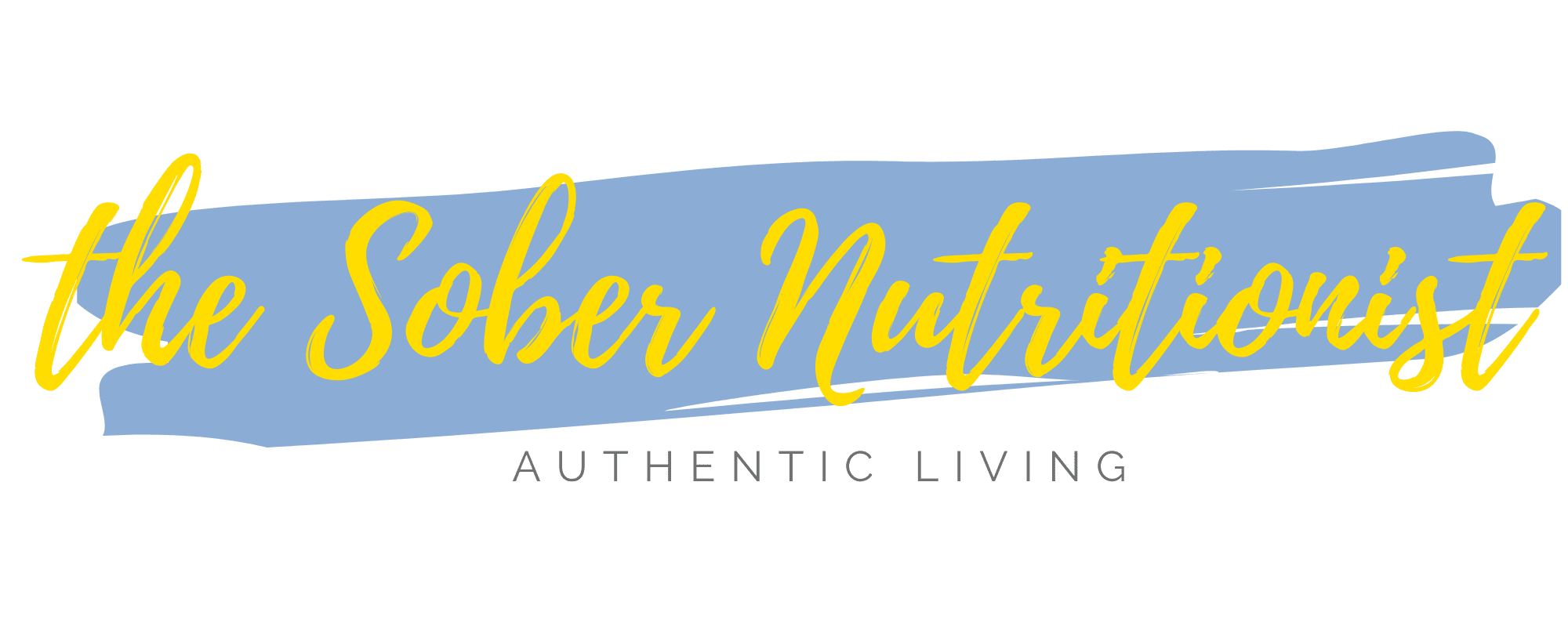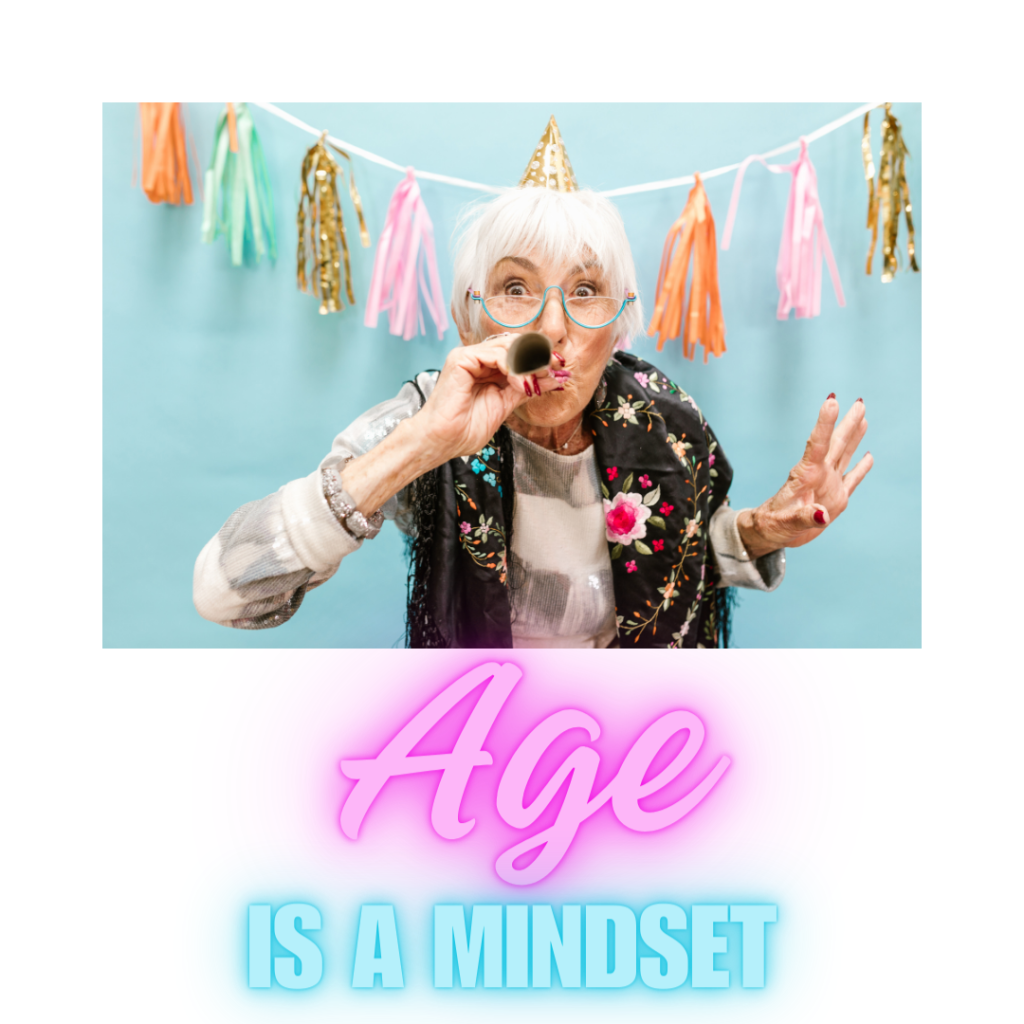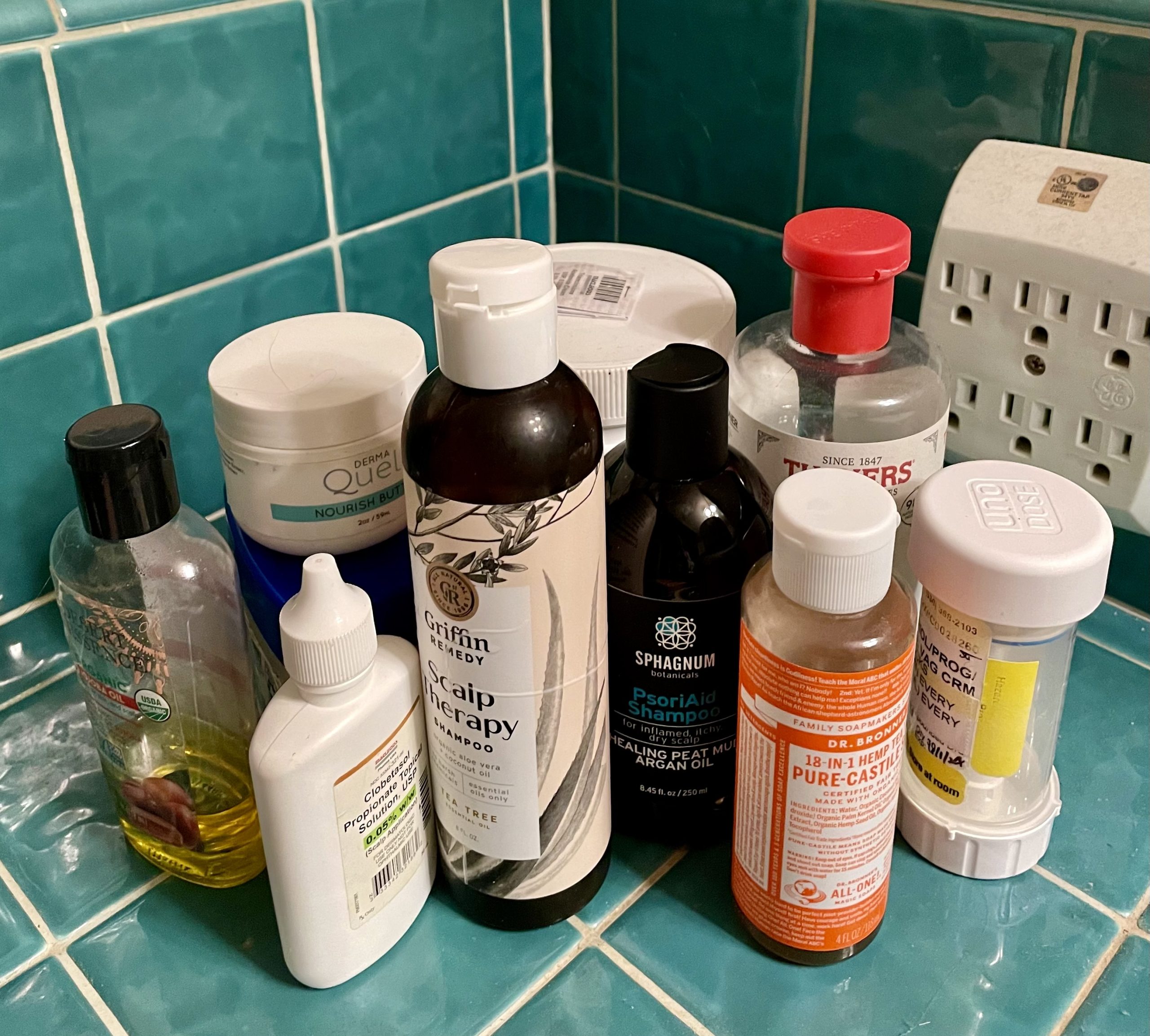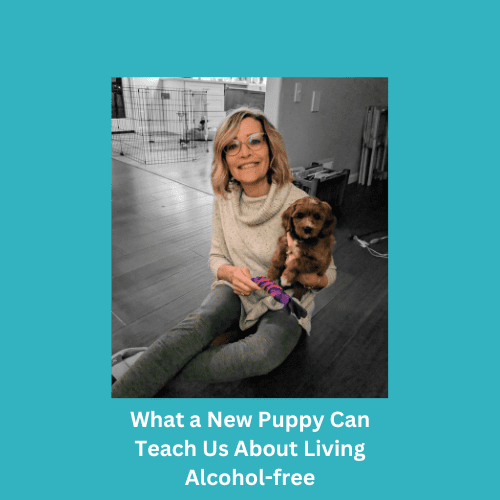| Would you like to add 7 + years to your life expectancy? Sure, drinking less, or not at all, will improve your chances, but this is something different.
Research tells us that you can increase your life expectancy by the way you talk about aging. Yep, you heard that right. Your mindset, your words and your focus change everything.
These fascinating findings show that those who adopted a positive frame around aging, and the belief that life gets better with age, live longer.
Consider this statement from heart.org: “Several studies over the past 20 years suggest people with more positive attitudes about aging live longer, healthier lives than those with negative perceptions of the aging process.”
From Psychology Today come these 3 findings:
- Evidence demonstrates that your thoughts about aging can affect your health and well-being.
- People with positive views on aging score better on memory and hearing tests, and are less likely to have serious adverse health events.
- You can actively improve your perception of aging by identifying stereotypes and building relationships with older adults.
Positive assessment of how one is aging is called subjective successful aging.
So, how to assess your own view of aging? There are two schools of thought when it comes to aging (perhaps more, but these two are relevant): Ageism and Positive Aging. Ageism is the systemic oppression, discrimination, and prejudice against people because of their age. Positive Aging acknowledges the possible challenges of growing older, and embraces the changes and growth that occur in later life.
Other cultures have different views of the older population. In particular, Japan is the world’s “oldest” country and its attitude toward elders is very different. In America, we often measure our seniors by what they ‘can’t’ do. In Japan, the focus is on creating purpose throughout one’s lifespan. Where Americans might refer to an older individual as a ‘geezer’, the Japanese call them ‘elders’ or ‘wise ones’. We tend to perpetuate the myth that seniors are frail and can’t be independent. Other cultures encourage their elders to give advice and share their hard-earned wisdom.
Becca Levy, the leading authority on how beliefs about aging influence aging health, is Professor of Epidemiology at the Yale School of Public Health and Professor of Psychology at Yale University. She has created a quiz to help you determine your own view of aging. You can take the Quiz HERE
I am claiming my 7.5 years of ‘health-span’ by exploring new words and concepts such as: wisdom, elder, midlife, purposeful aging, experienced, and timeless.
Are you ready to add to your lifespan?? |




